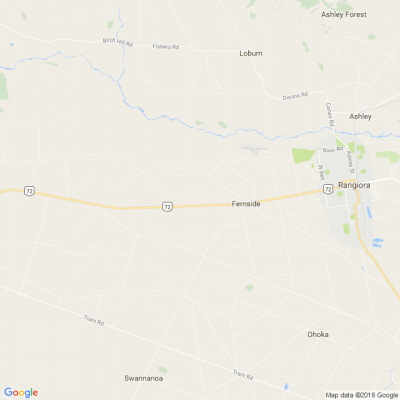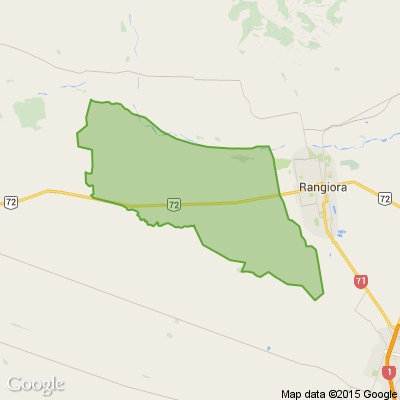Council considers charging for information requests
By David Hill, Local Democracy Reporter
A North Canterbury council is considering charging for official information requests as it struggles to keep up with demand.
In a report to recent council committee meeting, Waimakariri District Council governance team leader Thea Kunkel said the council had responded to nearly 300 requests for information in the last 12 months.
The requests were received under the Local Government Official Information and Meetings Act.
Councillors were due to workshop a draft charging policy this month, before adopting it at the next month’s council meeting.
Chief executive Jeff Millward said the requests were adding to staff workload.
‘‘We are making sure we respond to them promptly, but it is causing quite a bit of work.’’
The legislation allowed for councils to charge for costs associated with processing a request, but until now the council has not charged for an official information request.
But three recent requests were ‘‘considered substantial’’, so staff had advised there would be a charge if the work was undertaken, the report said.
The council received 71 requests between March and May, compared to 61 for the same period last year and 32 in 2022.
Staff had spent 194 hours responding to requests over the last three months and it was estimated to have cost the council $8588.
Charging guidelines provided by the Ministry of Justice suggested staff time be charged at $76 per hour, with no charge for the first hour.
The requests were for information on a range of topics, including drainage, proposed solar farms and other consent applications, property purchases, security at council facilities, threats to councillors and staff, and annual plan processes.
One recent request wanted information regarding Kintyre Ln in Ohoka from 2007 onwards.
Staff estimated it would take more than 40 hours to collate the information.
Last year, several information requests were in response to the inclusion of statements relating to the United Nations’ 2030 Agenda for Sustainable Development in the council’s 2023/24 annual plan.
Known as Agenda 2030, it was adopted by the United Nations’ 193 member nations, including New Zealand, in 2015.
It comprised 17 goals, including eliminating poverty, a focus on health and wellbeing and action on climate change.
The council has come under increased scrutiny since Covid, which has led to a heightened awareness of the right to access official information, the report said.
It has also led to the council beefing up its internet security due to a growing number of threatening emails, including death threats, and security staff were increased during last month’s long-term plan hearings.
■ LDR is local body journalism co-funded by RNZ and NZ On Air.

Musicians Wanted
‘Rangiora Bells’ is seeking musicians to join the handbell choir. We are a friendly group of handbell ringers who enjoy making music and entertaining at community groups.
If you would like to come and have a go at ringing handbells, please come along to one of our practice sessions. No commitment necessary if you decide that this is not for you.
An ability to read basic music notation preferred.
Practice days – Thursdays 1pm – 2.30pm
(beginning 19th February 2026)
In the lounge at Trinity Methodist Church
176 King Street
Rangiora
Clare Dolheguy
Phone 027 583 7504
claredoll6@gmail.com

Time to Tickle Your Thinker 🧠
If a zookeeper had 100 pairs of animals in her zoo, and two pairs of babies are born for each one of the original animals, then (sadly) 23 animals don’t survive, how many animals do you have left in total?
Do you think you know the answer? Simply 'Like' this post and we'll post the answer in the comments below at 2pm on the day!
Want to stop seeing these in your newsfeed? No worries! Simply head here and click once on the Following button.

Poll: As a customer, what do you think about automation?
The Press investigates the growing reliance on your unpaid labour.
Automation (or the “unpaid shift”) is often described as efficient ... but it tends to benefit employers more than consumers.
We want to know: What do you think about automation?
Are you for, or against?

-
9.5% For. Self-service is less frustrating and convenient.
-
43.4% I want to be able to choose.
-
47.1% Against. I want to deal with people.







 Loading…
Loading…